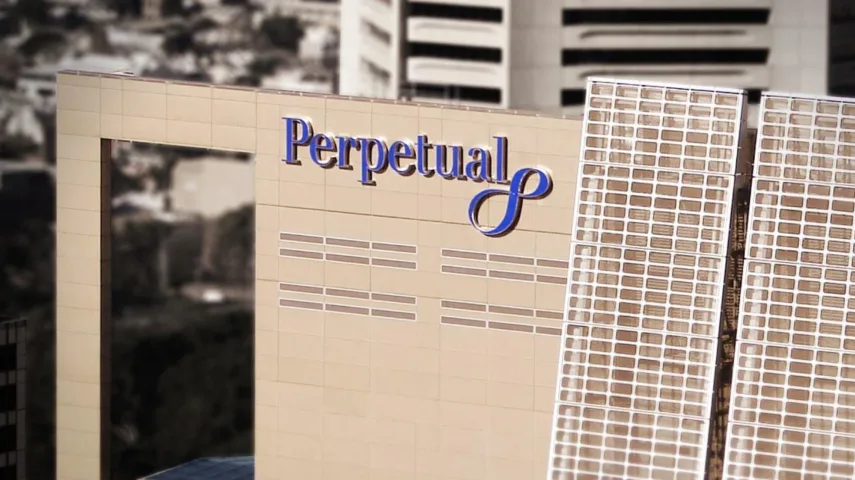Has Pendal acquisition hindered Perpetual?



Perpetual acquired Pendal in January 2023, but some 80 per cent of the firm’s FY24 asset management outflows came from Pendal products, according to Morningstar.
On 24 July, the firm announced it had seen $8.9 billion in outflows during the fourth quarter of 2024, following net outflows of $5.2 billion in the previous quarter, $4.3 billion of outflows in Q2, and positive inflows of $0.1 billion in Q1.
This brought total Perpetual outflows for FY24 to $18.5 billion, ahead of Morningstar’s estimate of $14.5 billion for annual outflows.
Morningstar equity analyst, Shaun Ler, said: “Perpetual’s asset management flows for fiscal 2024 are worse than expected, likely due to uninspiring investment performance and noise about the group strategy. Earnings headwinds are likely to persist over the medium term.
“We expect this to increase pressure on management to reduce costs, source funds from higher-margin client channels, and achieve a favourable outcome from the proposed sale of its wealth management and corporate trust assets to KKR.”
In January 2023, Perpetual acquired Pendal to create a $200 billion multi-boutique asset manager with “significant scale, diversified investment strategies, world-class ESG capabilities and a stronger global distribution capability, complemented by high-quality wealth management and trustee businesses”.
The Pendal brand included Pendal Asset Management, J O Hambro Capital Management (JOHCM), Regnan and TSW, and totalled $111 billion at the time of the merger.
But in the fourth quarter of FY24, Pendal’s assets under management (AUM) was down 8 per cent driven by net outflows of $3.4 billion and negative market movement of $0.1 billion. The largest outflows were seen in Pendal’s large cap, diversified and cash strategies.
This meant total Pendal Asset Management AUM was down from $44.6 billion at the end of March to $41 billion.
Group chief executive Rob Adams said: “In Australia, Pendal had a challenging quarter with outflows in cash (cyclical, low margin) and Australian equities, driven by manager rationalisation following a superannuation fund merger and outflows from lower margin former Westpac AUM.”
JOHCM AUM was down 7.5 per cent during the quarter to $37.3 billion, driven by net outflows of $2.2 billion, and both negative market and currency movements of $0.2 billion and $0.5 billion respectively. TSW AUM was $29.2 billion, down 5.3 per cent on the March quarter, driven by negative outflows of $1 billion, currency impacts of $0.4 billion, and adverse market movements of $0.2 billion.
Q4 FY24 outflows from Pendal brands
| Brand | AUM | Q4 outflows |
| Pendal AM | $41 billion | -$3.4 billion |
| JOHCM | $37.3 billion | -$2.2 billion |
| TSW | $29.2 billion | -$1 billion |
Source: Perpetual, July 2024
Adams maintained Perpetual is on track to realise $80 million in run-rate synergies in January 2025.
Over the year, Morningstar said around 80 per cent of the $18.5 billion outflows came from products of Pendal brands, noting that the acquisition of Pendal “did not bring any revenue synergies” for Perpetual.
Looking ahead at what can be done by management to temper outflows, the research firm said it expects management to reduce costs to align with revenues while working to distribute funds through higher-margin intermediary channels. It also said redemptions are expected to moderate organically as investor appetite for risk assets improves.
Recommended for you
Clime Investment Management has welcomed an independent director to its board, which follows a series of recent appointments at the company.
Ethical investment manager Australian Ethical has cited the ongoing challenging market environment for its modest decrease in assets over the latest quarter.
Commentators have said Australian fund managers are less knowledgeable compared with overseas peers when it comes to expanding their range with ETFs and underestimating the competition from passive strategies.
VanEck is to list two ETFs on the ASX next week, one investing in residential mortgage-backed securities and the other in Indian companies.















